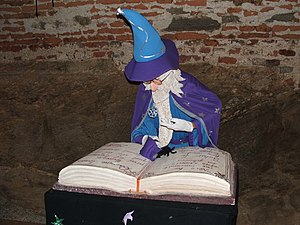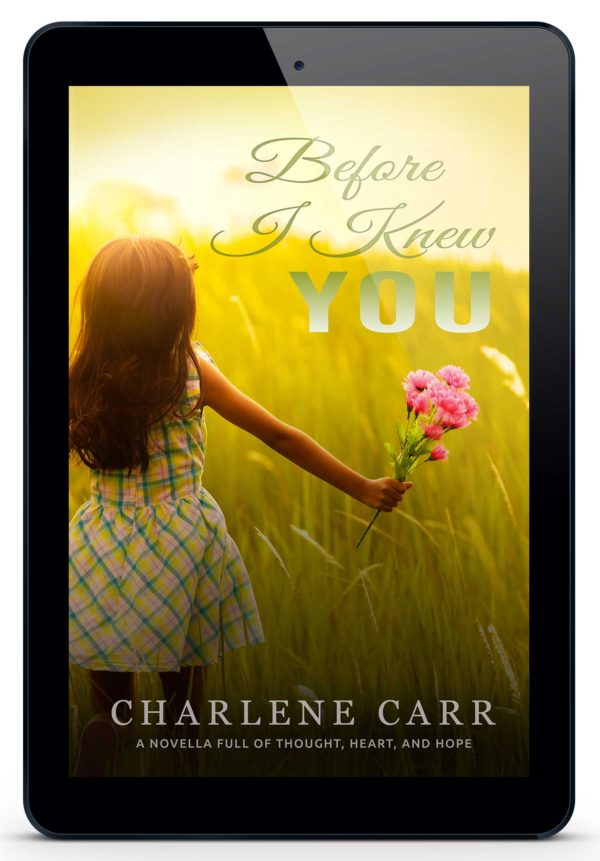 A couple months ago I posted about my new interest in fantasy – based on one of my brothers encouraging me to read his favourite fantasy series. I’ve now gotten through the second book – an almost 1000 page delight and am taking a break before delving into the next . . . 10 of them I believe. As well as having great characters, actors, and the type of writing that goes from character to character, leaving me frustrated that it’s another 80 pages before I get to find out what’s going on with so and so (but that is also a great trick to keep the reader reading), the book also poses some questions that I can take back to my life.
A couple months ago I posted about my new interest in fantasy – based on one of my brothers encouraging me to read his favourite fantasy series. I’ve now gotten through the second book – an almost 1000 page delight and am taking a break before delving into the next . . . 10 of them I believe. As well as having great characters, actors, and the type of writing that goes from character to character, leaving me frustrated that it’s another 80 pages before I get to find out what’s going on with so and so (but that is also a great trick to keep the reader reading), the book also poses some questions that I can take back to my life.
I’ll be careful not to drop too many (or any if I can) spoilers in consideration of those who may decide to pick the story up, but some of the things that have me thinking are the rules all wizard’s need to know and understand as they progress with their wizardry. I’ve only been introduced to the first two – but look forward to learning the rest.
The wizard’s first rule is simply that, “given proper motivation, almost anyone will believe almost anything . . . They will believe a lie because they want to believe it’s true, or because they’re afraid it might be true. People’s heads are full of knowledge, facts, and beliefs, and most of it is false, yet they think it all true . . . they can rarely tell the difference between a lie and the truth, and yet they are confident they can, and so are all the easier to fool.”
In the novel, the wizards use this as an intricate part of working their magic, at times the magic is little more than this knowledge – people believe they’re being controlled by magic when really they’re being controlled by someone else’s wits. Now, the ellipses in that passage are where I took out the wizard saying ‘people are stupid.’ I took it out because, although that is true, sometimes there’s more than stupidity at work. Sometimes, as it says, we believe a lie because we want to believe – sometimes it’s about faith, or hope, or – as he mentions – fear, deep fear, rather than just stupidity.
I think it’s that wanting to believe a lie, or fearing the truth of lie, and so believing it is what messes us up. Think of the person who is told they’re stupid, unworthy, not enough . . . they believe these things. Not because they want to, but because they’re so afraid they may be truth, that some unnamed part of of them takes over, telling them they are in fact truth. On the other side, think of that woman who stays with the man everyone tells her is no good, simply because he tells her he’ll change, they’re meant for each other, she’s the only one who can help him be better, everyone else just doesn’t understand. She wants it to be true, needs it to be true, because if it isn’t what does that say about how she’s been living her life? and so she believes.
Go further down into the rule and if we haven’t found ourselves in the first two parts, we can probably find ourselves in the next. “People’s heads are full of knowledge, facts, and beliefs, and most of it is false, yet they think it all true.” I know I’ve found myself there. There were things I had believed so truly, so firmly – and at last I had to come to doubt the truth of their validity. I wonder how much more is out there, how much I firmly believe that deserves to be assessed – that I need to figure out for myself to know whether they are things of truth (at least as far as I or anyone else can define truth), or things I just believe to be true because I was told so.
Going further still, I wonder how often I am still faced with a lie, believe it to be truth, and so am blind to being able to tell the difference. I try to believe the best of people, I try to give people the benefit of the doubt and have often believed words when repeated actions have shown me different. I feel that I am outgrowing this . . . which makes me both sad and proud. I want to believe the best in people. I want to trust that the people around me are well-meaning, and honest, and people I can believe. But after years of having friend after friend consistently let me down, take advantage of me and show through various small actions that they were not actually the friend I’d believed them to be, the friend I tried to be toward them, I’ve had to realize that I can not always choose to believe the best in people. (I’m happy to say that the friends I currently have, and let remain in my life for the long term are people I can believe).
Knowing and fully understanding the wizard’s first rule has two purposes for the skilled wizard. The first is to be able to use this rule to work his magic upon others (hopefully for the greater good, but this is not always the case.) It’s a part of the rule I’ll probably try to avoid. . .though I suspect I may end up using it on my future children a time or two – only for the greater good of course! The second reason is to be aware, so the wizard never lets the rule be used against himself. This is the reason why I’m holding onto this rule. People try to use it all the time. Hopefully, I won’t find myself the witless victim again. And hopefully now, neither will you!
Visit sometime in the next week to hear about the Wizard’s Second Rule – I found it even more thought provoking!












Join the conversation!